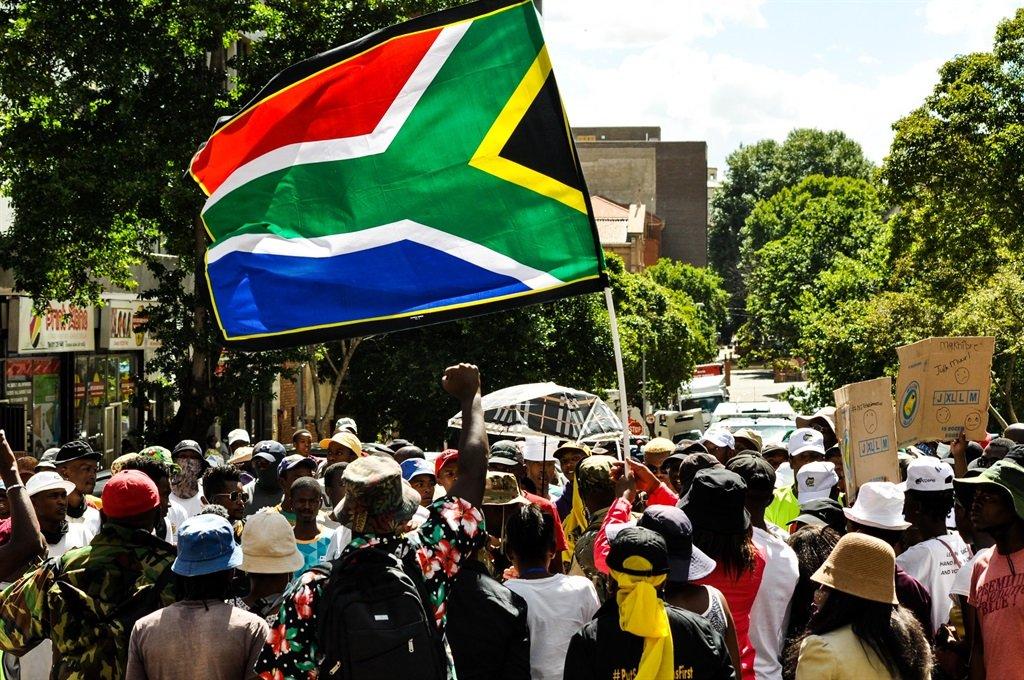Africa-Press – South-Africa. Many of South Africa’s problems could be solved almost overnight if we all embrace a true free market. And like-minded opposition parties could work towards this, argues Nicholas Woode-Smith.
The ANC is a collapsing monopoly. Since its rise to power in 1994, the ANC has ruled as a veritable monopoly and hegemon over South African politics. With the exception of the DA-run Western Cape, the ANC has ruled practically unopposed. Until recently.
Johannesburg, South Africa’s largest city, is run by a DA-run coalition in opposition to the ANC. Cape Town, the mother city, has been a DA stronghold for many years. On various levels of government, trust and support for the ANC are eroding.
But, the ANC is still a monopoly. It controls government, directs our institutions and puts forward the policies that make and break this country. Unfortunately, the party’s rule has been characterised by more breaking than making.
No incentives
The fundamental problem with monopolies is that they have no incentive to perform well. If they do well or if they do poorly, it doesn’t matter. They still get paid because consumers have no choice. This leads to shoddy service, high prices and a lack of resilience.
Free markets address the problem of monopolies through competition. If a monopoly gets so big that it eliminates its competition, it still must perform well or face new competitors dethroning it. Of course, there are plenty of monopolies which stay afloat – with the help of the biggest monopoly of all: the government.
Governments suffer from the problem of monopolies more so than any private sector company. Because while private monopolies must still appeal to consumers and make money, government can just extract taxes regardless of whether it performs its function or not.
The ANC is even more than a government monopoly. It has ruled as an absolute political monopoly as well. Until very recently, the thought of dethroning the ANC seemed impossible. However, this is changing.
The ANC is losing ground. As it does so, opposition parties have the opportunity to fill the gap and provide the long-needed incentive for the ANC actually to serve its voters or risk losing them. With the actual risk of losing, the ANC will be encouraged to start doing its job correctly. Or, simply put, it will lose. It’s a win-win for South Africans.
Frustrated voters
But, the collapse of the ANC’s political monopoly is not certain. Voters are apathetic and frustrated. They oppose the ANC but don’t feel the opposition is responsible enough to fill in the gap. They see the DA as too white, the Economic Freedom Fighters as thugs and ActionSA as too xenophobic.
All opposition parties have something to offer to voters. Like a free market of companies, there is space for all parties in South Africa to compete to improve one another and to work together towards a common goal.
Pieter du Toit: The severity and depth of state capture makes it clear what the problem is: the ANC
This goal needs to be the elimination of the ANC’s political monopoly and the erosion of its regulatory monopoly over economic interference.
Many of South Africa’s problems could be solved almost overnight if we all embrace a true free market. Scrap draconian labour laws, eliminate needless business regulations, simplify taxes, and privatise bloated parastatals. The list goes on.
These simple solutions can go miles toward improving our unemployment rates, service delivery, and help eliminate corruption. It just requires will and support.
And this is where a coalition of like-minded opposition parties can help us.
United force
The ANC is a giant. A rotting giant, but a giant nonetheless. And, this giant presides over a country with laws and policies that discourage economic growth and prosperity. It will take working together and harder to topple the giant.
Reasonable parties need to band together to unequivocally support the polices needed to save this country and fix the economy. With the combined influence and manpower of many parties supporting these policies, the ANC will either be influenced to adopt such policies themselves to stay relevant or become irrelevant.
Opposition parties must act like good-natured competitors. They can focus on their own niche policies and strengths. Appeal to their own audiences and voter bases. But, they can also challenge each other to do better, to act better. This is preferable to the usual tactics of dragging each other down with petty politics and vendettas. And, while doing all of this, they can work together in coalitions to push forward good policies that help all their voters.
OPINION: Marius Roodt – Some cautionary tales for coalition governments in the fall of Cope
There are already coalitions in South Africa. These are, however, often disunited and torn. What is needed is a shared ethos among all coalition members that binds them together. The free market can be that ethos. The free market can provide an essential set of principles and institutions that are necessary to ensure South Africa’s future.
We need a coalition to achieve such policies. The coalition needs the united principle of supporting a free market so they can have the vision and direction required to succeed.
The ANC’s monopoly will end, and a free market in politics and the economy will thrive in its place. All that is needed for this to come to fruition is for parties to work together.
For More News And Analysis About South-Africa Follow Africa-Press






